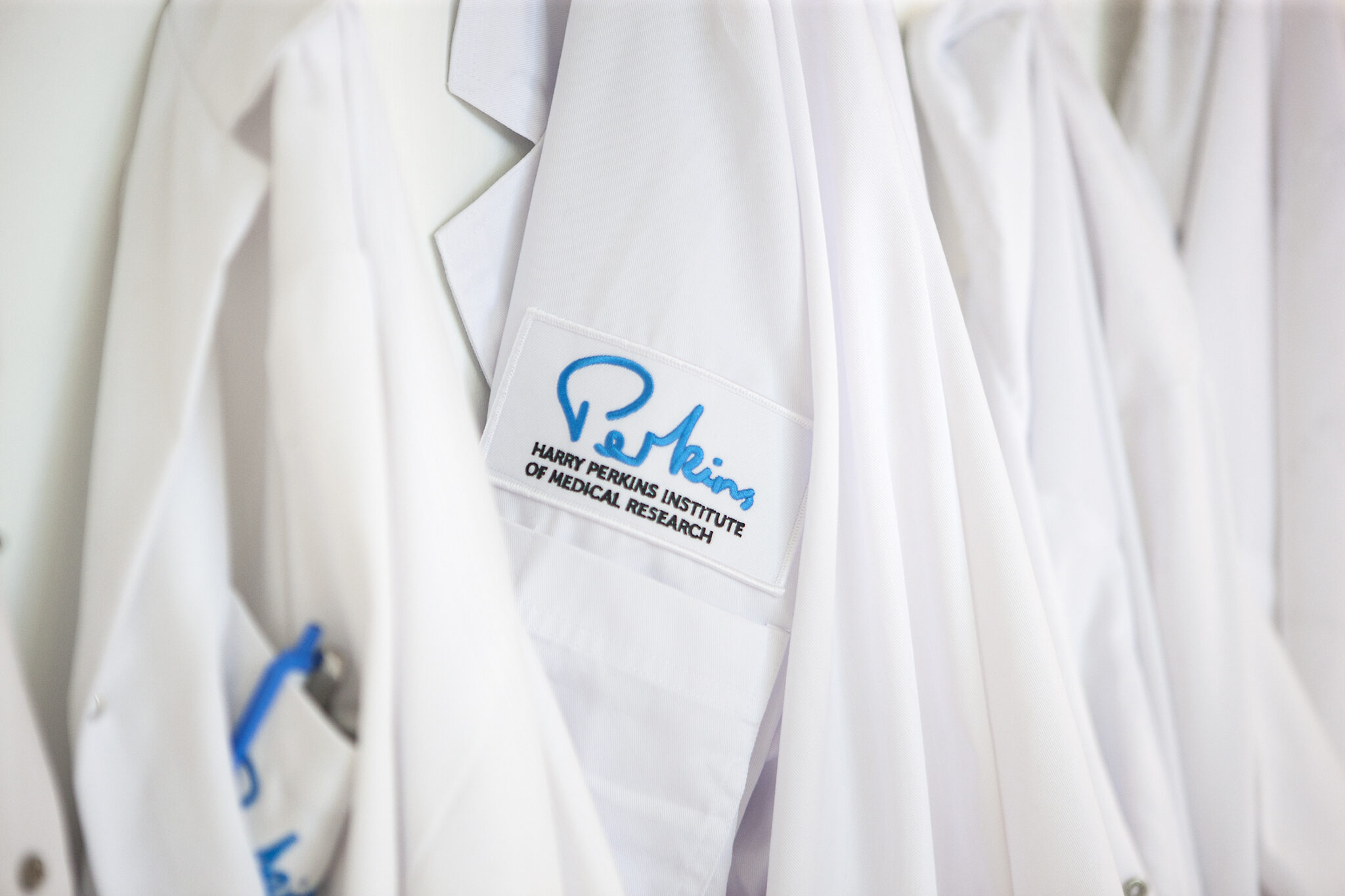
Researchers from the Harry Perkins Institute of Medical Research have collaborated on a major project to help in the development of a new and improved way to treat the poor-prognosis blood cancer, acute myeloid leukaemia (AML).
Dr Andrew Woo from the Perkins Laboratory for Cancer Medicine, participated in a major collaborative study led by Dr Jenny Wang of the Children’s Cancer Institute and UNSW, to discover a new treatment approach in the labs that they hope will one day be used to help people with AML.
Unlike acute lymphoblastic leukaemia (ALL), the most common childhood cancer, AML is notoriously difficult to treat, often proving resistant to conventional treatments.
The research teams have been investigating what they believe to be the root cause of treatment resistance, leukaemia stem cells, and have now hit upon a new treatment approach that works by targeting these cells.
Stem cells are unique for a number of reasons, firstly because they can evolve into different cell types but also because they can replicate themselves indefinitely in a process known as self-renewal.
Cancer is often triggered by a fault in the cell replication process, causing cells to multiply out of control. If stem cells in the blood become cancerous, they can cause leukaemia. And while rogue leukaemia stem cells remain in the body, there is a risk of relapse.
Dr Andrew Woo explained that leukaemia stem cells have their own mechanisms for self-protection that make them resistant to anti-cancer drugs.
“It’s important that we find a way to eliminate every last cancer causing cell in the body, if even one leukaemia stem cell is left alive, it can regenerate and the disease could come back,” Dr Woo said.
“Our new pre-clinical treatment approach works by disrupting the ability of the leukaemia stem cells to self-renew. Specifically it uses an antibody treatment that has been shown to interfere with two key molecules thought to drive the self-renewal process.
Using pre-clinical models, the researchers determined that by using their new treatment they were able to markedly reduce the amount of leukaemia and prevent new leukaemia cells from growing.
Importantly, they found that the treatment did not harm healthy stem cells, which children treated for AML need to maintain in order to rebuild their blood system after treatment.
The research teams hope that the new targeted therapy could replace intensive chemotherapy in the future, which is known to have unpleasant side effects.
Perkins Director Professor Peter Leedman said he looked forward to seeing how the research progressed.
“This is fantastic research that could translate into lasting health benefits for patients. I am hopeful that the research teams can continue their work and progress the treatment towards clinical trials for people with AML,” Professor Leedman said.
The work was published this month in one of the world’s leading cancer research journals, Cancer Cell.
